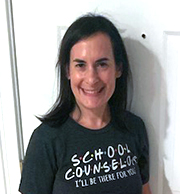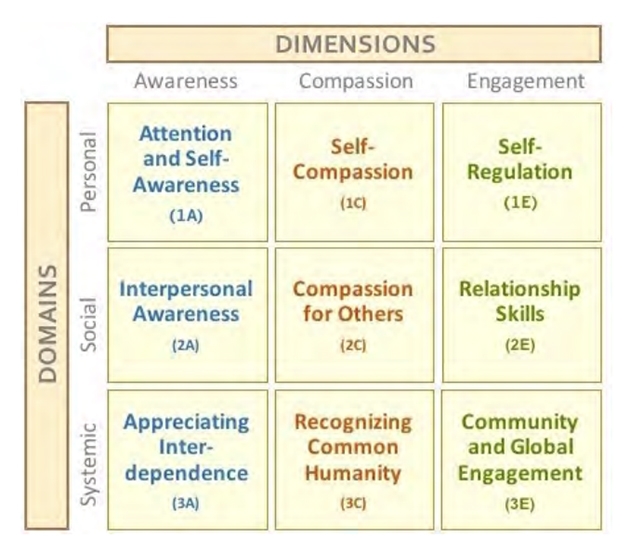
The Next Generation of SEL
By Jennifer Gates Feit | September 2021
“It is vital that when educating our children’s brains, we do not neglect to educate their hearts, a key element of which has to be the nurturing of our compassionate nature.” The Dalai Lama
 Imagine an SEL curriculum developed by the Dalai Lama, with an emphasis on creating focused, compassionate, ethical and resilient global citizens. The Social Emotional & Ethical Learning (SEE Learning) is a fairly new K–12 international program, developed from a collaboration between the Dalai Lama and Emory University’s Center for Contemplative Science and Compassion-Based Ethics.
Imagine an SEL curriculum developed by the Dalai Lama, with an emphasis on creating focused, compassionate, ethical and resilient global citizens. The Social Emotional & Ethical Learning (SEE Learning) is a fairly new K–12 international program, developed from a collaboration between the Dalai Lama and Emory University’s Center for Contemplative Science and Compassion-Based Ethics.Recent scientific research – including Emory’s compassion research – reveals that teaching fundamental human values as skills can lead to quantifiable improvements in one’s physical, psychological and social health. The SEE Learning curriculum provides comprehensive, secular and scientific-based methods for teaching ethics. The core vision is “education of heart and mind”, which stems from the Dalai Lama’s belief in the ethical development of the whole child and in creating a compassionate and ethical world. The program goal is to empower students to have compassion for others and become global citizens, with a true appreciation and respect for humanity. It also offers free online training to help educators gain the skills to support students’ emotional well-being.
While SEE Learning has been in development since 1998, it was piloted in classrooms in the U.S., Europe, and India in 2017. Its official global launch in India in April 2019 was presided over by the Dalai Lama and attended by more than 1200 people from 37 countries, including fellow Nobel laureate Kailash Satyarthi and international educators, education researchers, philanthropists, and policy leaders.
Daniel Goleman, author of Emotional Intelligence, referred to SEE Learning as “SEL 2.0.” Building on the foundation of SEL, SEE Learning incorporates strategies based on recent scientific and educational research. It includes four additional components:
- Attention training
- Comprehensive focus on ethics, based on universal human values such as compassion for oneself and for others
- Resilience skills based on and trauma-informed practices, using the Community Resiliency Model
- Systems thinking to help students become interdependent global citizens

While the Dalai Lama is the visionary, the framework and curriculum were developed by a multidisciplinary, international team of curriculum writers, teachers, educational experts, developmental psychologists and neuroscientists, with feedback from the educators who piloted the program in their classrooms.
Because SEE Learning is still undergoing research and development, it is not yet considered evidence-based. Educators who complete SEE 101 training receive the full curriculum and access to connect with the SEE Learning educator community – all at no cost. So far, more than 7000 educators in more than 25 countries have participated. Part of the program registration includes completing an informed consent form and agreeing to provide feedback, which helps evaluate the program’s efficacy.
To view a sampling of some of the resources, visit the SEE Learning Resource page and YouTube channel. These materials are available to the public, but educators who complete the SEE Learning 101 training receive access to the entire program, and learn to more effectively deliver the lessons. The educator orientation program features seven modules, including how to speak to students about their hopes and challenges and strategies for dealing with trauma.
If you are seeking to build a formal SEL curriculum or enhance an existing program, SEE Learning is a terrific tool to add to your repertoire of resources. It is also available in Spanish, French, German, Chinese, Mongolian, Tibetan and Portuguese. As SEL continues to be a focus, we can expect more educators to adopt the SEE Learning program.
Jennifer Gates Feit is a school counselor at New Brunswick P-TECH High School, New Brunswick Public Schools.